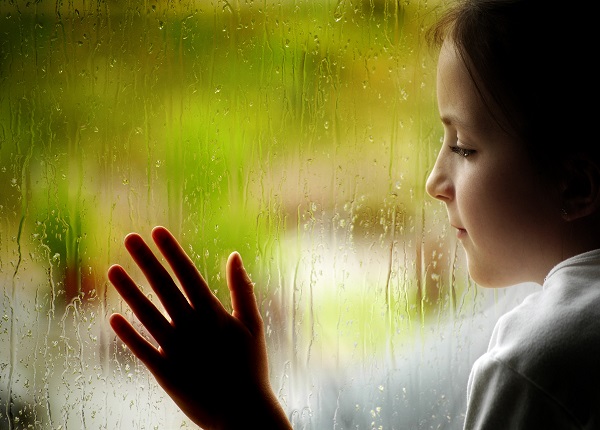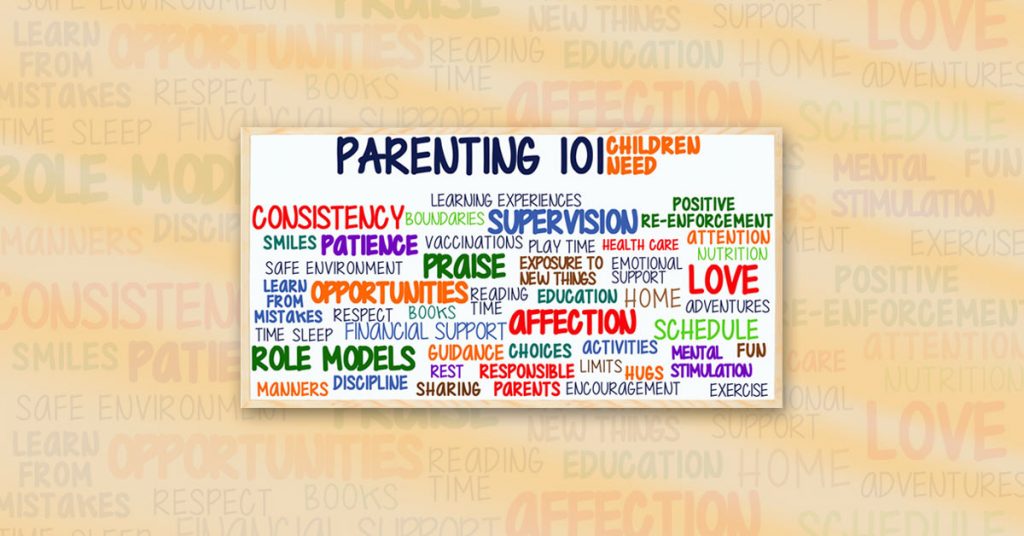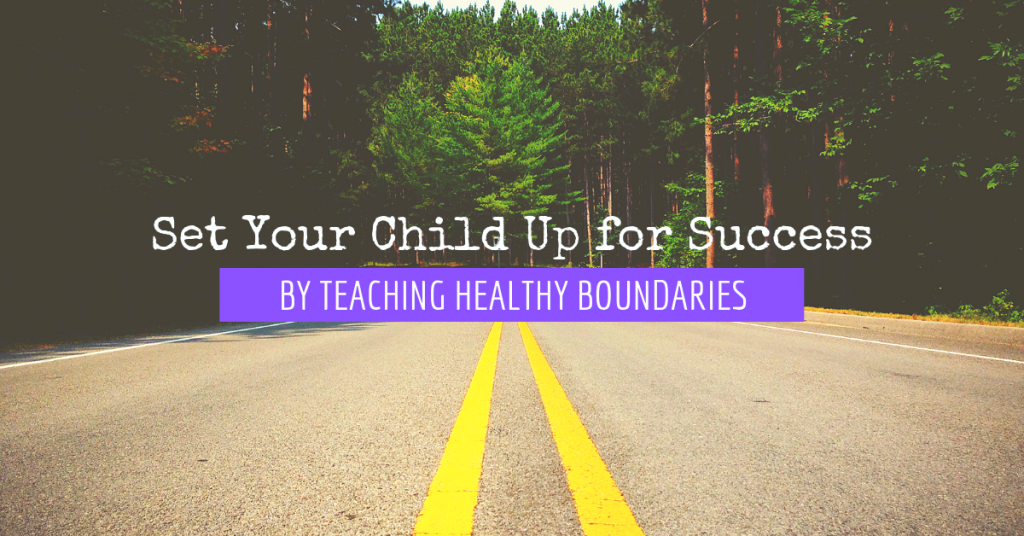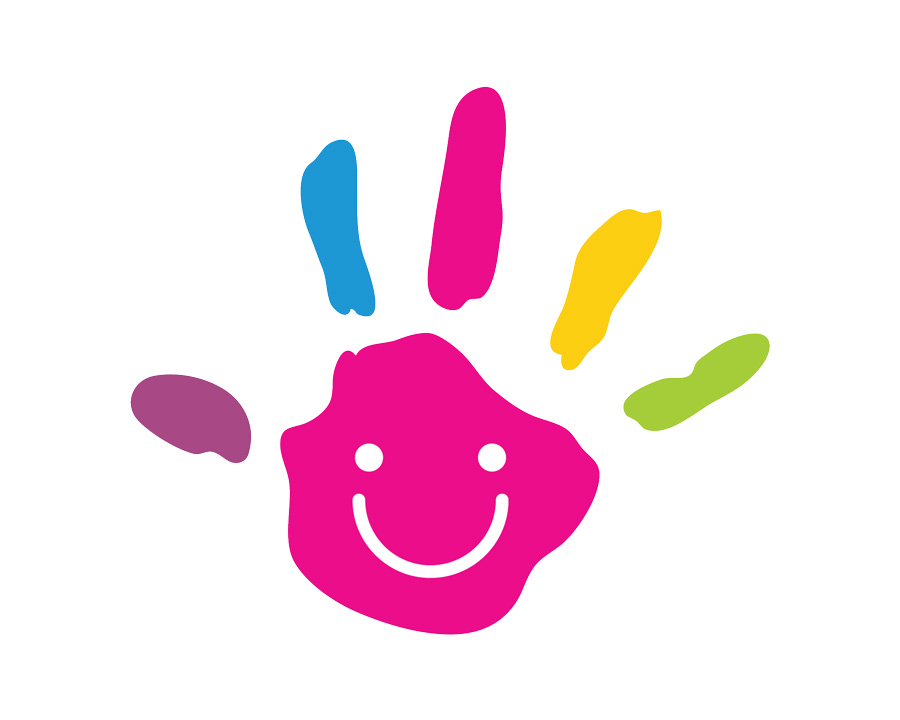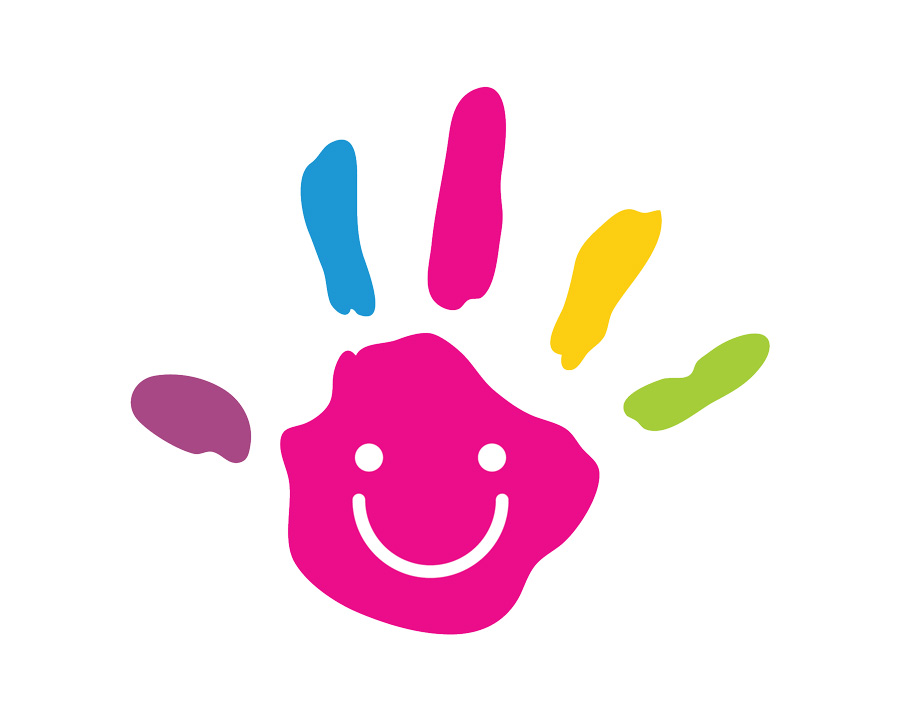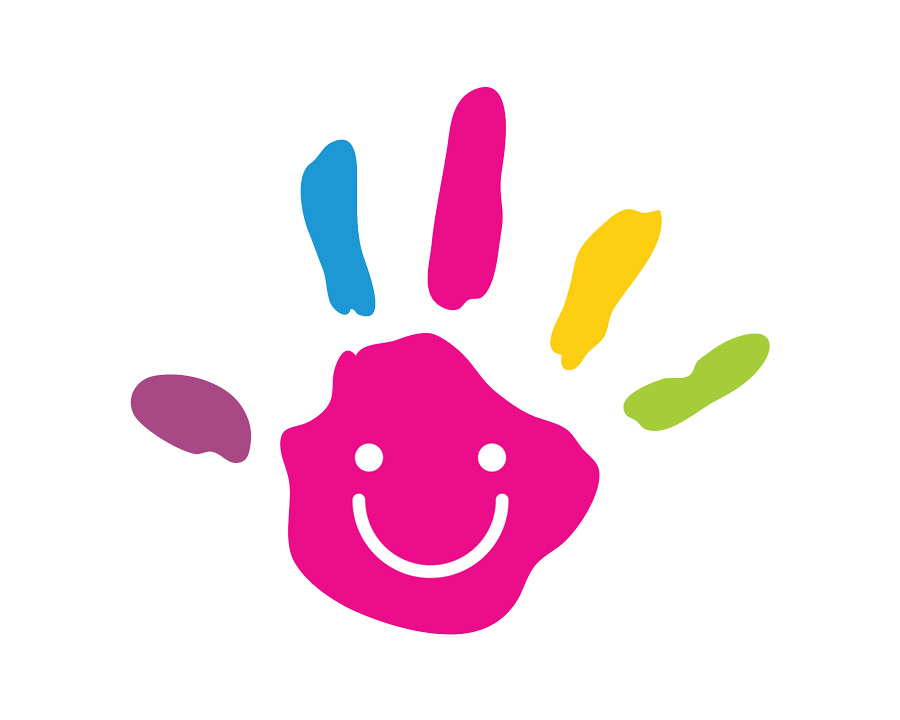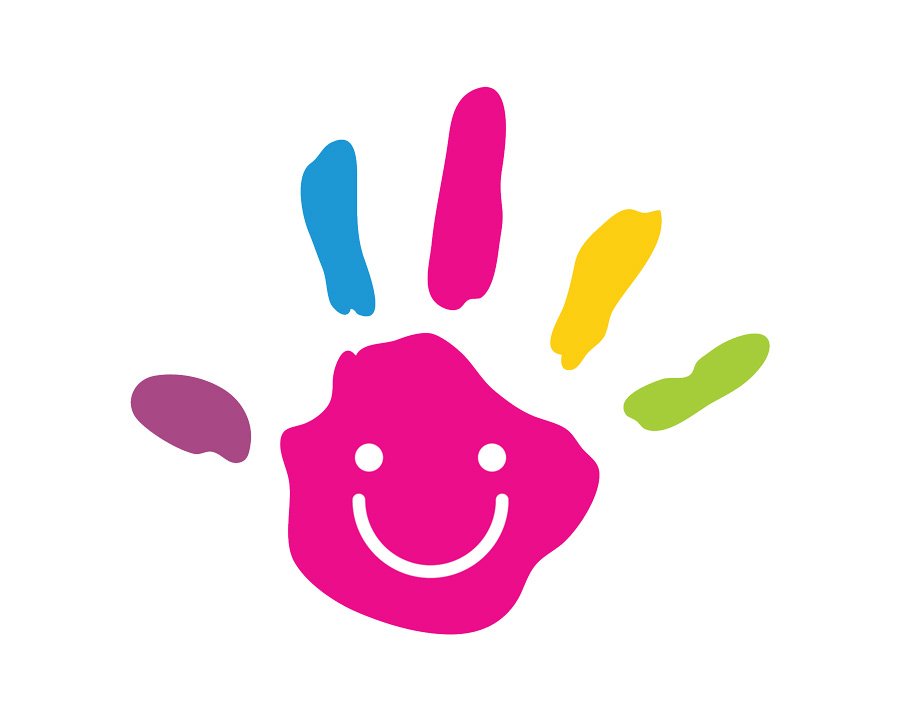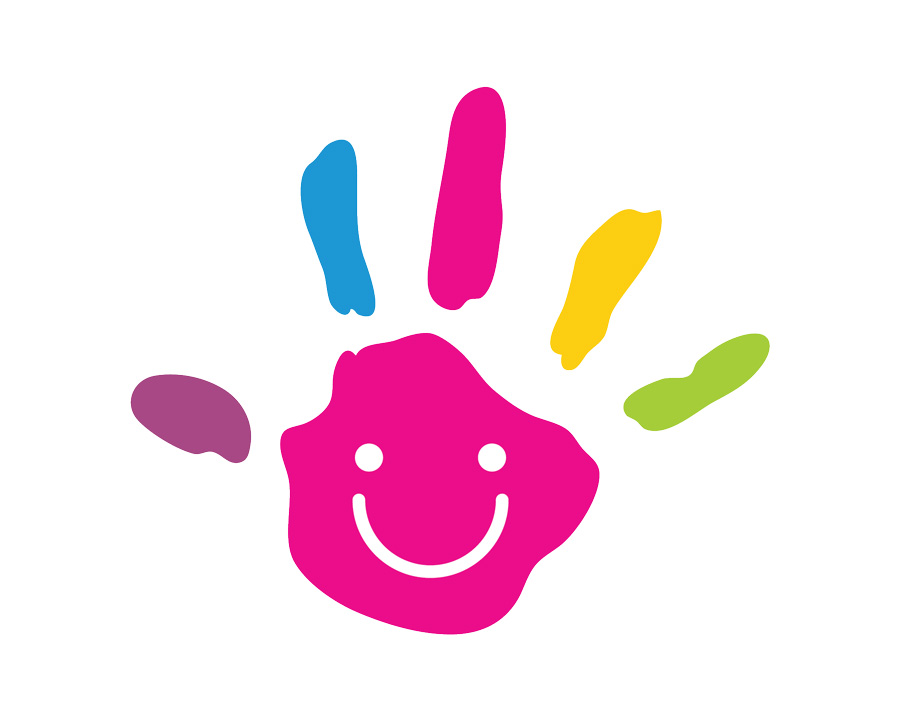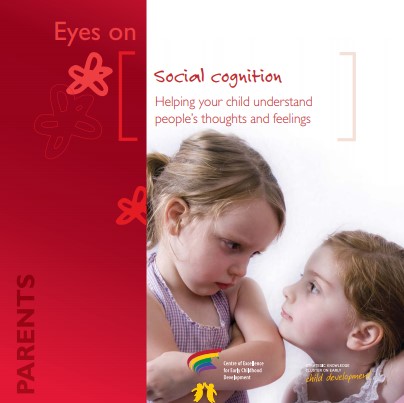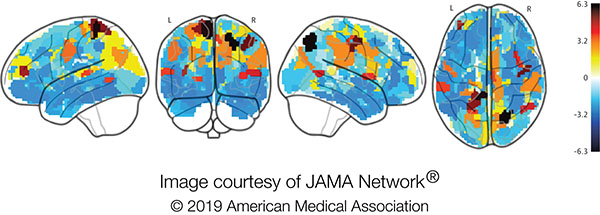Anxiety and Depression: Recognizing the Early Warning Signs
It is normal for young children to sometimes feel afraid, shy or sad. However, for some children, these feelings last for a long time and can affect their development
Discipline: How Much Is Enough?
Good discipline helps children develop their social skills and succeed in school.
About Childhood Grief
The death of a family member, friend or other significant person is a lifelong loss for children.
Laughter is the Best Medicine: The Health Benefits of Humor & Laughter
Sure, it’s fun to share a good laugh. But did you know it can actually improve your health? It’s true: laughter is strong medicine.
Bench-to-Bedside: NIMH Research Leading to Brexanolone, First-Ever Drug Specifically for Postpartum Depression
Approximately 1 in 9 women in the United States experiences symptoms of postpartum depression, according to the Centers for Disease Control and Prevention. Now, the Food and Drug Administration (FDA) has approved brexanolone, an analog of the endogenous human hormone allopregnanolone and the first drug specifically designed to treat postpartum depression. Some psychiatric drugs owe their discovery to
When Therapy Doesn’t Work
Therapy is just one step in your treatment journey, not the whole journey …If therapy isn’t working, the first person you should talk to is your therapist.
THE MOST EFFECTIVE PARENTING STYLE FOR DISCIPLINE THAT WORKS
There are three main parenting styles that are most commonly used; the Permissive style, the Aggressive style, and the Assertive style.
Why Taking a Fishing Trip Is Good for Your Mental Health
Daily exposure to nature can, among other things, help reduce feelings of stress and even improve yourself-esteem, for up to seven hours.
Set Your Child Up for Success by Teaching Healthy Boundaries
As a parent, you may have wondered how best to help your children learn to make positive choices. One way to set your children up for success is to establish strong boundaries in your home. It’s essential to begin instructing your children about boundaries between themselves and others very early on in their childhood. A
Parenting/Child Development Series – 3-5 yrs
Preschoolers (3-5 years of age) Developmental Milestones Skills such as naming colors, showing affection, and hopping on one foot are called developmental milestones. Developmental milestones are things most children can do by a certain age. Children reach milestones in how they play, learn, speak, behave, and move (like crawling, walking, or jumping). As children grow
Parenting/Child Development Series – 6-8 yrs
Middle Childhood (6-8 years of age) Developmental Milestones Middle childhood brings many changes in a child’s life. By this time, children can dress themselves, catch a ball more easily using only their hands, and tie their shoes. Having independence from family becomes more important now. Events such as starting school bring children this age into
Parenting/Child Development Series – 9-11 yrs
Middle Childhood (9-11 years of age) Developmental Milestones Your child’s growing independence from the family and interest in friends might be obvious by now. Healthy friendships are very important to your child’s development, but peer pressure can become strong during this time. Children who feel good about themselves are more able to resist negative peer
Parenting/Child Development Series – 12-14 yrs
Young Teens (12-14 years of age) Developmental Milestones This is a time of many physical, mental, emotional, and social changes. Hormones change as puberty begins. Most boys grow facial and pubic hair and their voices deepen. Most girls grow pubic hair and breasts, and start their period. They might be worried about these changes and
Parenting/Child Development Series – 15-17 yrs
Teenagers (15-17 years of age) Developmental Milestones This is a time of changes for how teenagers think, feel, and interact with others, and how their bodies grow. Most girls will be physically mature by now, and most will have completed puberty. Boys might still be maturing physically during this time. Your teen might have concerns
Social Cognition: Helping Your Child Understand People’s Thoughts and Feelings.
“Children who develop social cognition at a young age have the foundations for good social interactions before they start school.”
NIH Study Reveals Differences in Brain Activity in Children with Anhedonia
Using fMRI, researchers uncover the neural underpinnings, which could aid development of potential treatments
NIH Study Shows Many Preteens Screen Positive for Suicide Risk During ER Visits
Findings highlight the importance of screening kids as young as 10 for suicide risk in emergency settings




